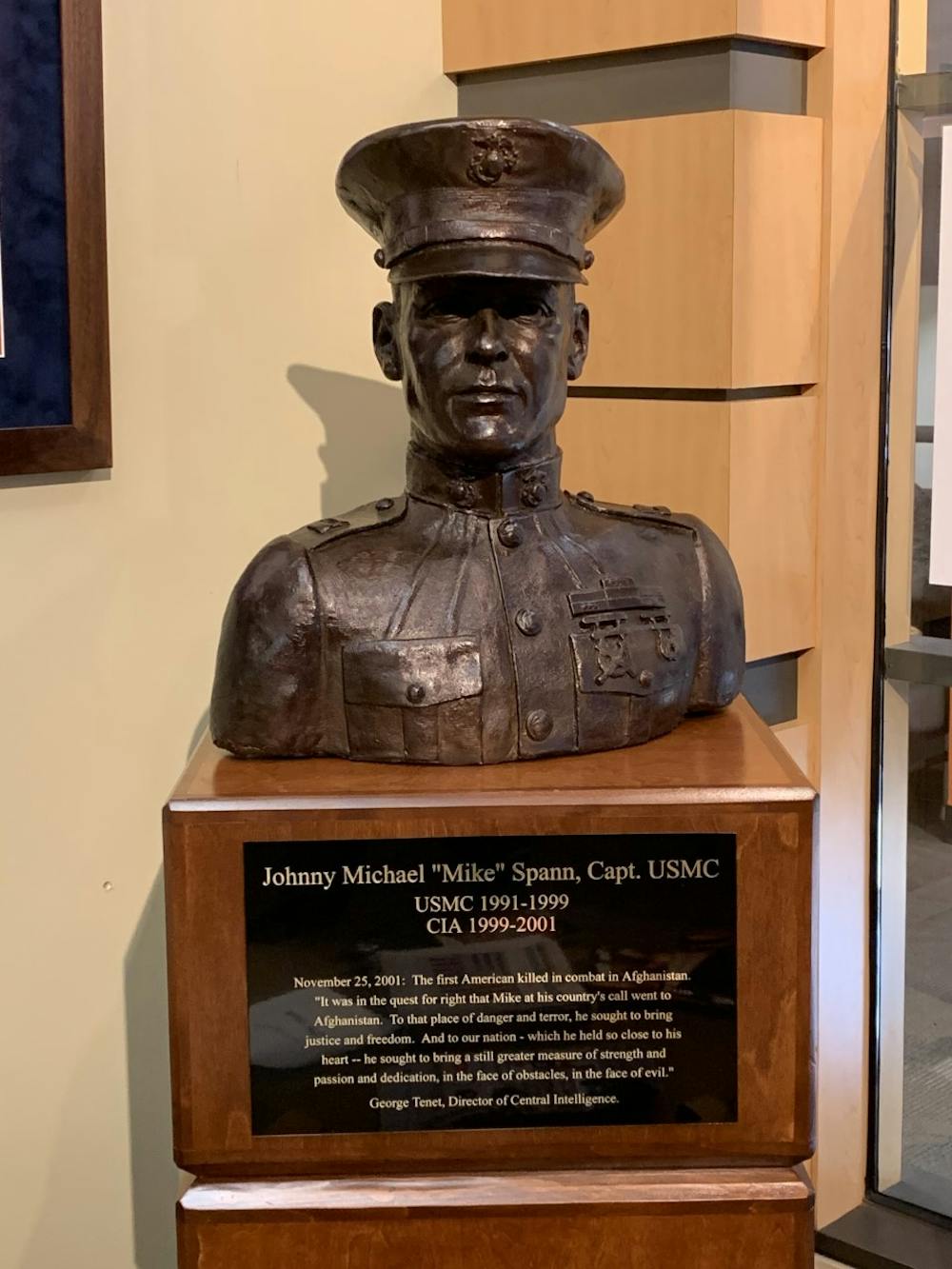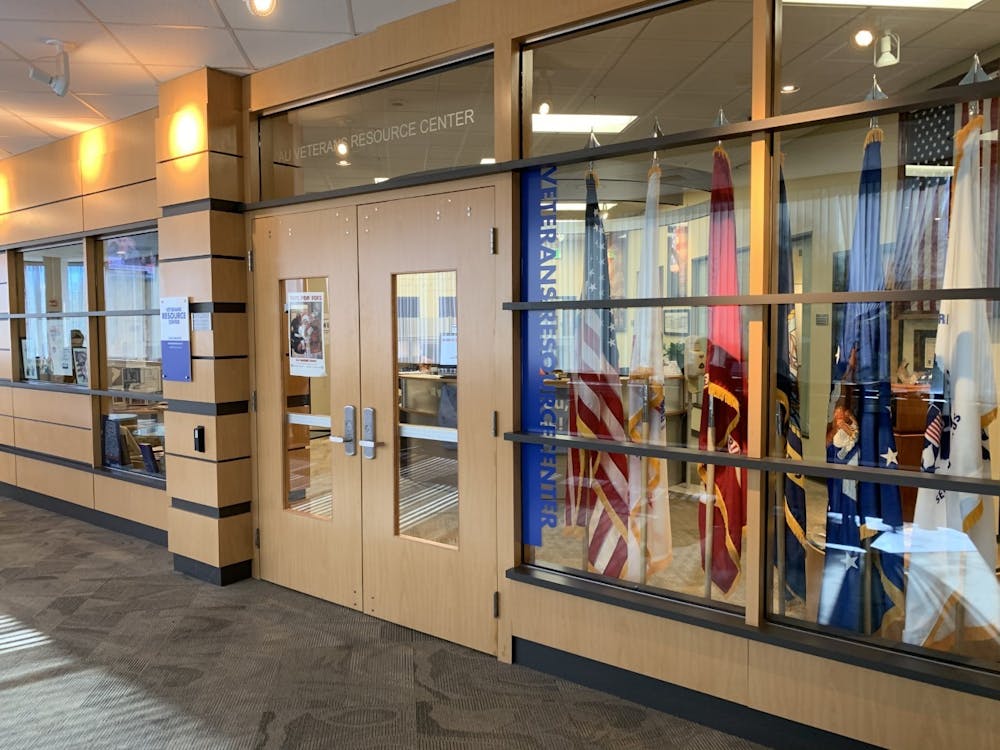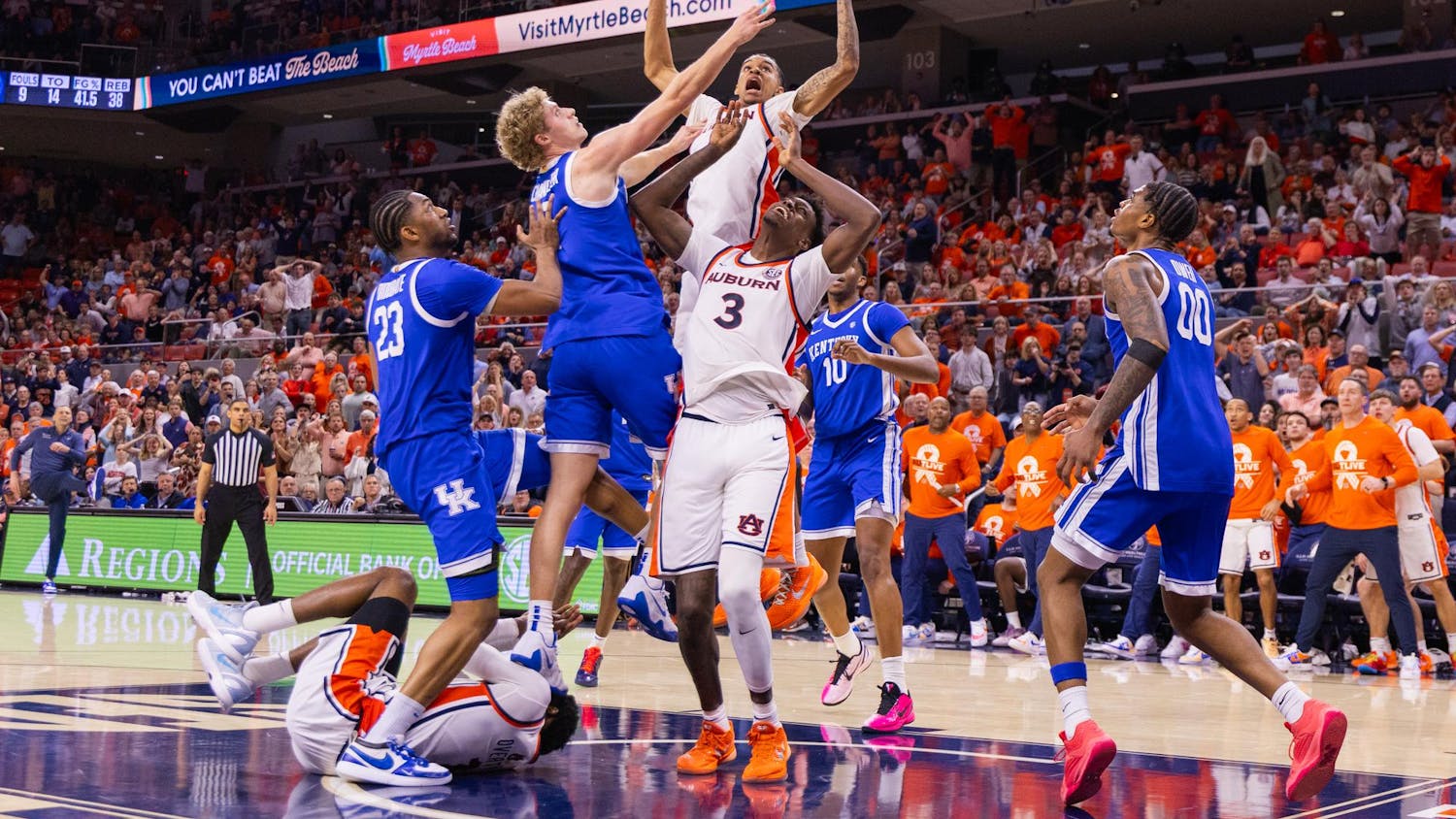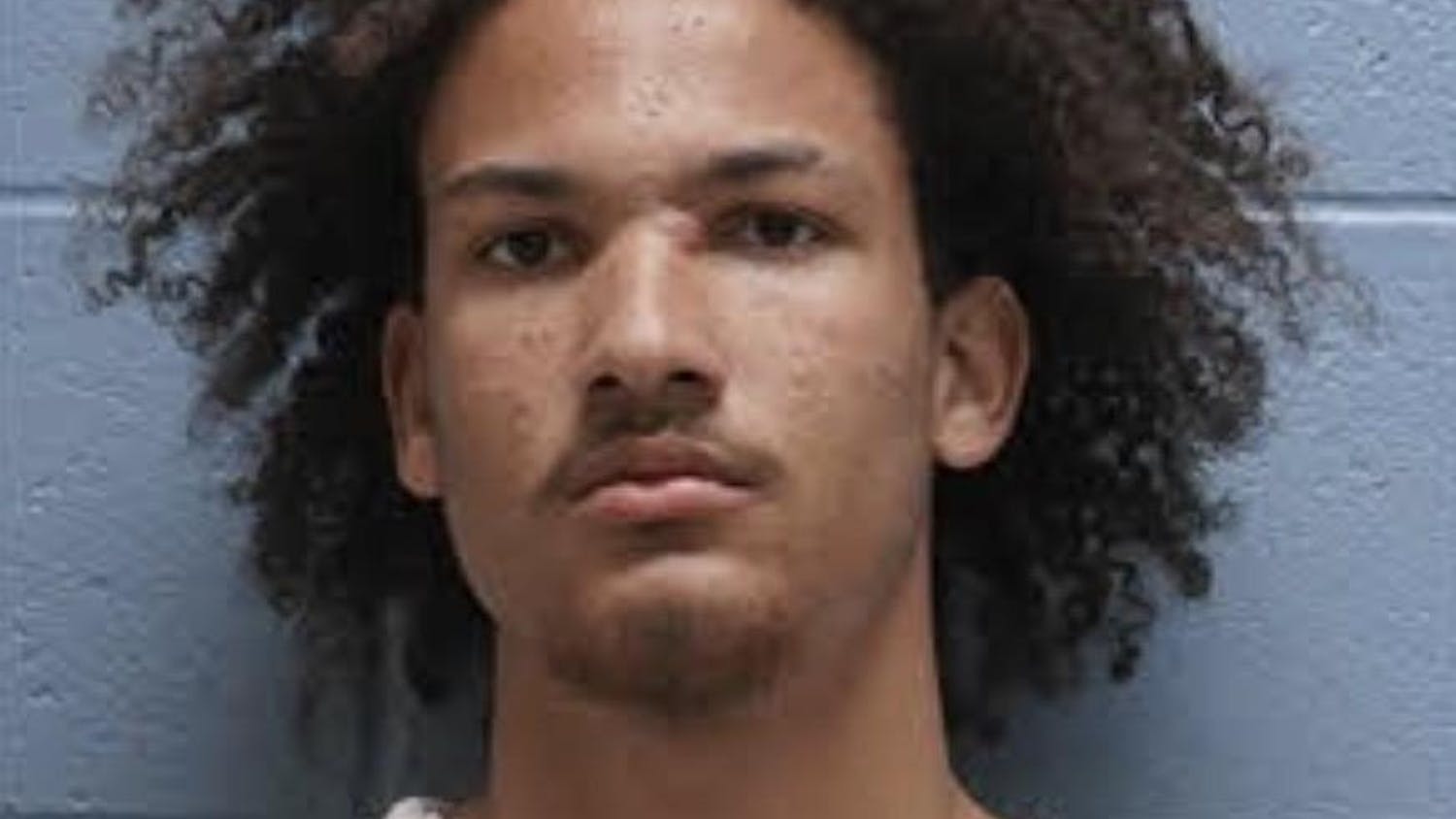Kyle Venable has heard every misconception about veterans: They’re all men, they’re all old and they’ve all seen combat.
But while there are some veterans who fit this mold, Venable said, the truth is there are many who do not.
“Any time women are around, they go to anything that has to do with Veterans Day, they [get asked], ‘Oh, your husband served?’ No. It doesn’t have to be that way,” Venable said, who’s the program coordinator for the Veterans Resource Center and a former 19-year member of the Marine Corps. “That shouldn’t be the first question.”
As of 2016, every single type of job or post is open to women. Between 14-16% of those who serve in the enlisted forces are women, according to the Pew Research Center.
Venable noted that veterans are also comprised of students — which means many veterans are of a younger demographic, but not as young as the typical university student. According to the Postsecondary National Policy Institute, the majority of student veterans are between the ages of 24 and 40.

Right now, there are 350 veterans on campus, with 86 actively involved with the Veterans Resource Center, according to Venable. One of the VRC’s biggest challenges is helping veterans transition from a close-knit life with their squadron to an independent and individualized experience.
Combining that with the fact that around 40% of veterans at Auburn have kids, half are married and close to 40% have second jobs, you get a lifestyle change that is incredibly difficult to transition to, Venable said.
“In the military, you’re with the same people every day. You’re either at work or back in your barracks, so it creates that tight bond,” Venable said. “Then you get out and you leave, and you come here to 27,000 people on campus, and you’re just one person. [You] know no one.”
One of the ways that the VRC combats this is by creating more programs for veterans to be involved on campus. According to Venable, Auburn has been good about providing opportunities and aid to the VRC to help with this issue, but there is always room to improve.
For instance, Venable notes how Auburn has mental health facilities on campus, but these facilities and those who work there are often trained to deal with issues that the common college student has — not for combat trauma and military-specific PTSD.
“Having a military-trained counselor would be huge,” Venable said. Venable said.

The other issue that Auburn and the state of Alabama as a whole could work on is the accepting of military credit for vocational and technical fields, Venable said.
“I was an electrician, that’s what I did. I fixed satellites, radios, computers ... I could tell you all that kinda stuff. I went through three years of school to do that stuff,” Venable said. “Came to Auburn, none of that counted. They didn’t give me any military credit.”
The reason why this lack of credit can be so damaging is due to the structure of the GI Bill, which is 36-months of paid tuition for veterans.
Some of these programs that veterans are in can take 5 years, and without getting that military credit on the front end, veterans can easily exceed the 36 month limit of the bill, causing them to have to pay for their excess schooling.
“To grow our population, to grow our recruiting of student-veterans here at Auburn, to make us more military-friendly, we need to do a little more,” Venable said. “Accepting military credit will make students come here and want to stay.”

The VRC also has memorabilia of the World Trade Center in the form of a small, C-shaped metal joint in its office in Foy. On 9/11, Will Jimeno, a US Navy veteran who was, at the time, a port authority officer in New Jersey, survived being buried alive beneath the rubble of the attack with a few of his partners.
Jimeno, whose daughter graduated from Auburn this past May, quickly became a part of the Auburn Family and has become heavily involved with the VRC. He surprised the VRC with a piece of the World Trade Center, a flag that he flew over it and a certificate with his patch.
“Every event that we do, whether it be our Veterans Day Gala, Military Appreciation Reception …we make sure to present those two things,” Venable said.
While the VRC is able to raise money for their students in the form of donations and aid from the University, they said they struggle with outreach.
The Veterans Resource Center wants to ensure students know that they’re located on the second floor of Foy.
Do you like this story? The Plainsman doesn't accept money from tuition or student fees, and we don't charge a subscription fee. But you can donate to support The Plainsman.





